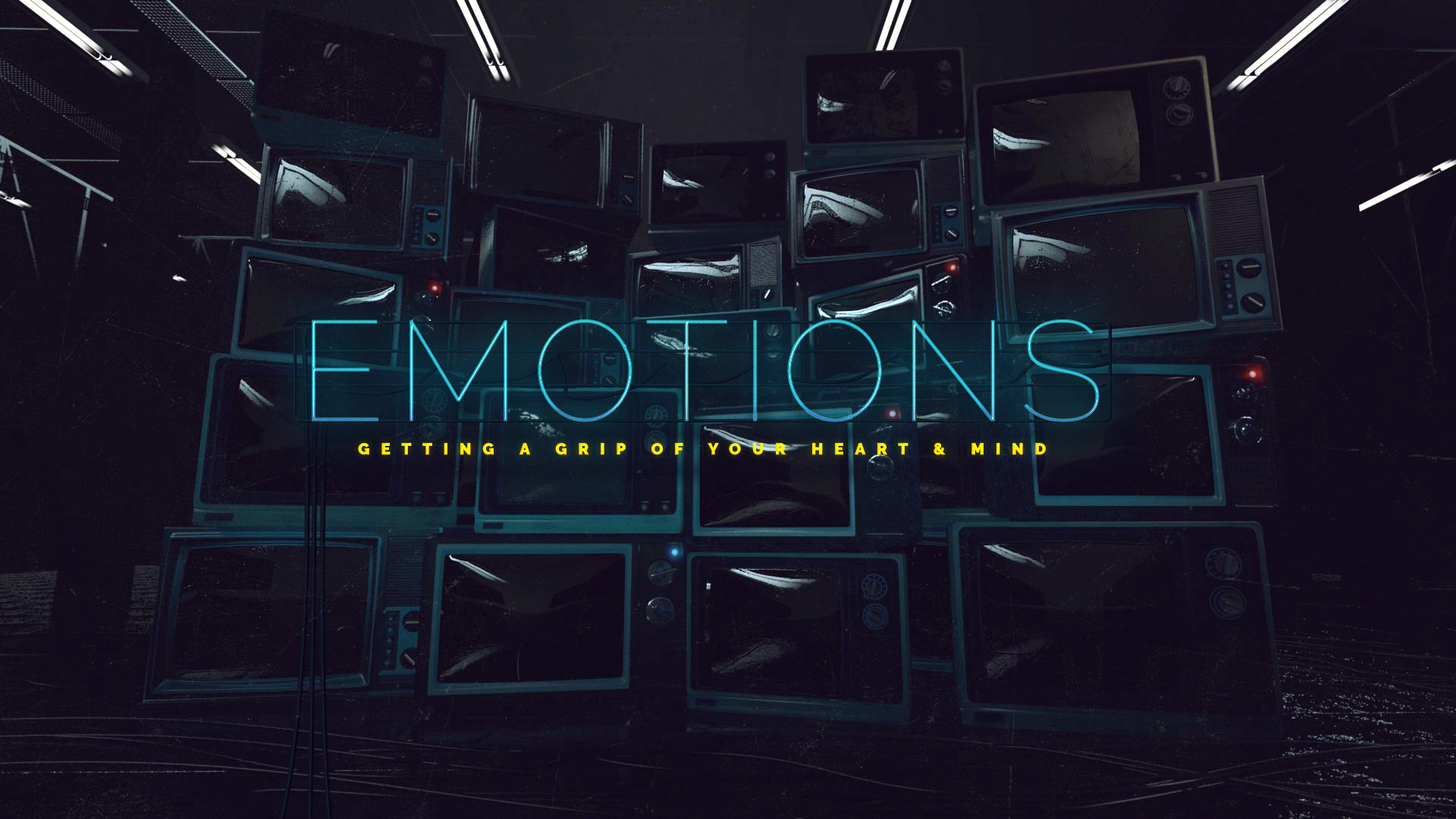-
Healing From Guilt
Contributed by Dan Waite on Nov 28, 2017 (message contributor)
Summary: God’s aim is to make people holy (v 10). However, one of the basic philosophies of Christianity is that everyone is guilty, by divine standards, and it is a crime to claim innocence. The reality is that we feel we are not holy for a variety of reasons.
Other sermons can be found at http://lastsermon.blogspot.com/
Hebrews 10:1 – 25
Healing From Guilt
God’s aim is to make people holy (v 10). However, one of the basic philosophies of Christianity is that everyone is guilty, by divine standards, and it is a crime to claim innocence. For instance, one of the things Martha Stewart went to jail for was claiming she was innocent.
The reality is that we feel we are not holy for a variety of reasons. The result is guilt. We develop strategies to lessen the impact of guilt.
However, Jesus deals with the guilt on three levels: Jesus changes our ACTIONS (to make us holy), Jesus changes our BELIEFS (when we completely trust Jesus to do what we can not do), and Jesus changes the CONSEQUENCES (through the sacrifice of His body... a new way opened to the God the Father).
I. Guilt lurks in the shadows.
A. 10:1a “The law is only a shadow of the good things that are coming--not the realities themselves. ...”
1. A shadow is created by light shining behind an object. The shadow is not the reality. (Ill. Put a comb on an overhead projector and ask what is on the wall: correct answer – a shadow of a comb.)
2. Eternity, including flawlessness, is the reality. The reality was expressed in the shadow that we call the Old Testament moral code. It also shows up in the general exercise of religion.
3. The light is the perfectness of God, we call it holiness. Reason we do not have the reality is because of “sin.”
a. Sin is:
1.) Doing and thinking things that are contrary to God’s holy standard. (“Sins of commission”)
2.) Not doing and not thinking things that are in line with God’s holy standard. (“Sins of omission)
b. Guilt comes from the fact that we sin with knowledge and of our own free choice.
B. 10:5 “Therefore, when Christ came into the world...”
1. Jesus is the reality!
a. The sacrifices of the Old Testament set a legal precedent that sin deserved death and could only be paid for with the blood of a sacrificial victim (the blood of bulls and goats).
b. The sacrifices of the Old Testament were based on the plan that God had established “before the foundations of the earth” were put in place.
2. Jesus understands our helplessness.
a. Sin is so frustrating that it blinds us to the fact that our actions are based on what we really believe.
b. Develop this dual idea of sin...
1.) We know something is wrong.
2.) We decide to do it anyway because we rationalize (believe) our wrong behavior as right.
c. So we become “double minded.”
1.) Life becomes unstable because the good we would do, we don’t and the bad we don’t want to do, we do...
2.) We are torn between what we know and what we really believe. Thus, there is guilt.
***** The gospel can be only a shadow if it has no power over heart, mind, spirit, body. *****
II. Guilt lurks in the details.
A. 10:1b “For this reason it can never, by the same sacrifices repeated endlessly year after year, make perfect those who draw near to worship.”
1. People take what God intended for one purpose and use it for another.
a. Religion was exchanged for a right relationship with God.
b. Religion became the means of approaching God (rather than faith, which proceeded the Old Testament moral code.).
2. God’s intention for the Old Testament sacrificial and the moral code was instructional.
a. 10:3 “...those sacrifices are an annual reminder of sins...”
b. WE NEED TO BE IMPRESSED THAT SIN IS SIN, regardless of what we want to believe.
B. Instead of removing guilt the sacrificial system, the moral code, and religion in general only increases the guilt. GUILT, AT THIS POINT, IS GOOD!
1. Guilt can make us dissatisfied with our present state.
2. Guilt can develop an intense desire/motivation for change.
(Ill. “Until the pain of remaining the same outweighs the pain of change, we will remain the same.”)
***** Anyone can use religion to seek some resolution to guilt or attempt to become innocent. *****
III. Guilt lurks in our questions and excuses.
A. 10:8 “First he said, "Sacrifices and offerings, burnt offerings and sin offerings you did not desire, nor were you pleased with them" (although the law required them to be made).”
1. Why did God require something that was ineffective?
a. Let’s face it, in America, we are about results. To gain results we have to be effective.
b. Let’s face it, in America, we are highly disciplined (at least we used to be). Discipline lends itself to effectiveness.
c. It offends our sensibilities and reason to think that God would have people do something that was not effective in reaching God’s holy standard.

 Sermon Central
Sermon Central



